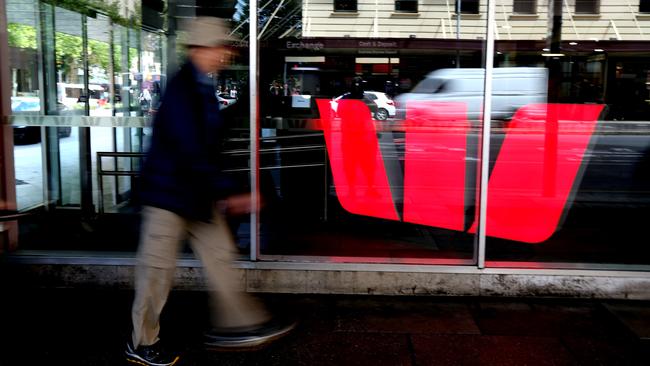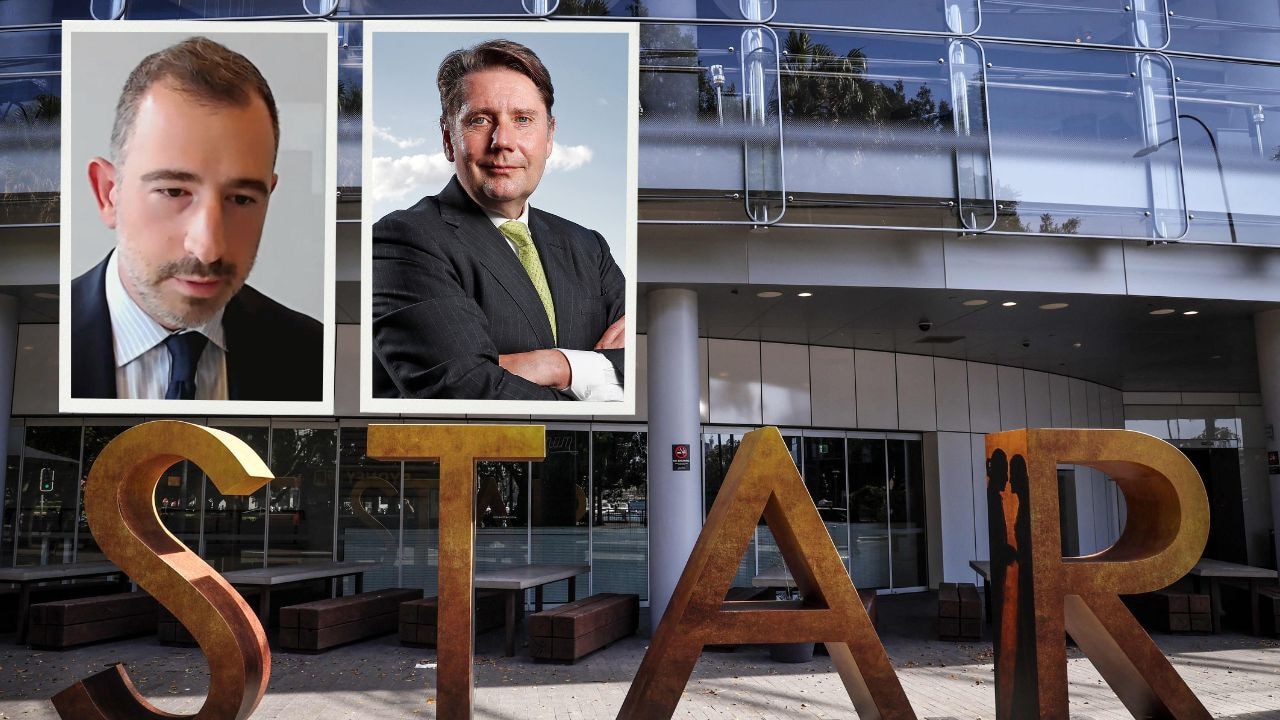Westpac faces Philippines probe into child exploitation scandal
A suite of regulators and government agencies in The Philippines have opened a probe into the Westpac child exploitation scandal.

A suite of regulators and government agencies in The Philippines have opened a probe into the Westpac child exploitation scandal, which could be referred to the Southeast Asian country’s national investigation agency.
The Philippines’ Anti-Money Laundering Council has told The Australian it is “unable to release details” of its investigation into allegations Australia’s second-largest bank failed to clamp down on child exploitation payments sent to the country.
However, it said it was working “closely with regional financial intelligence units, law enforcement agencies, and other partners to deal with serious issues”.
Westpac interim chief executive Peter King said the bank was working with global regulators in the week after the Australian anti-money-laundering regulator accused the bank of breaching the law 23 million times by failing to properly monitor billions of dollars in international transactions.
“We are in contact with all our regulators around the globe at this point and they are abreast of the different matters,” Mr King said.
The US Office of the Comptroller of the Currency said it could not “comment on supervisory matters pertaining to specific banks”.
In a statement of claim, Austrac has said billions of dollars had passed through its Australasian Cash Management account arrangements with “correspondent banks” overseas and that “with a significant number of payments processed under these arrangements, Westpac did not and does not know where the funds originate”.
The foreign banks are believed to include Citibank, Standard Chartered, Deutsche Bank, Bank of Ireland, Bank of New York Mellon, Wells Fargo and Deutsche Bundesbank. These banks declined to comment when approached by The Australian.
Austrac also claimed Westpac ought to have been aware that transactions by 12 individual customers who sent almost $500,000 in thousands of small payments through its LitePay service to individuals in The Philippines were probably linked to child exploitation.
According to Austrac’s statement of claim, not one transaction triggered an action from Westpac.
Philippines Justice Secretary Menardo Guevarra said the government’s Inter-Agency Council Against Trafficking, which he chairs, was working closely with the nation’s anti-money-laundering regulator and Austrac to investigate the matter further.
He said once it had gathered sufficient evidence a case could be referred to the Philippines’ National Bureau of Investigation.
Westpac is bracing itself for a second strike and a potential spill of its board of directors at its annual meeting on Thursday as shareholders look to vent their anger over the scandal, which has already triggered the resignation of CEO Brian Hartzer and the early resignations of chair Lindsay Maxsted and board member Ewen Crouch.
Westpac has said it will not fight a large degree of the millions of alleged breaches of law levelled against it, paving the way for a potential settlement that analysts believe could be as high as $1bn.
Westpac launched the LitePay product in 2016 after cutting off services to the remittance sector amid concerns about money laundering.
The Philippines was the first recipient country LitePay was made available to. Westpac entered into a strategic partnership with the Bank of the Philippine Islands (BPI) to facilitate low-cost and fast transfers for Filipinos living in Australia to send money back to their families.
At the time of signing the agreement with BPI, Westpac former head of global transactional solutions Mike Baldwin said The Philippines was “an important market for Australia”.
According to Mr Baldwin’s LinkedIn profile, during his time at Westpac the bank captured about a 10 per cent share of low-value payments to India in the first 18 months after developing a “low-value, cross-border payment solution for immigrants … enabling faster and lower-cost remittances”.
Mr Baldwin did not respond to emailed questions.
Westpac shut down the LitePay service immediately after Austrac filed its lawsuit. BPI did not respond to questions.
The prospect that global regulators could chase Westpac has added a further edge to the international transaction reporting misfire.
Westpac is a signatory to the US Patriot Act of 2001, which requires foreign banks to conduct due diligence on their relationships with other banks. Standard Chartered and HSBC have both received heavy fines for money laundering after being investigated by the US Office of Foreign Asset Control.
Westpac head of financial crime risk Scott Saunders last signed its correspondent certification in line with the Patriot Act in early September.
Westpac’s Wolfsberg Group Correspondent Banking Due Diligence Questionnaire, which is used by banks engaging in cross-border or higher-risk correspondent banking relationships, was last signed in October by Mr Saunders and the bank’s head of global transaction services, Dianne Challenor.
In the Wolfsberg questionnaire, Westpac said it complied “fully with Austrac payment guidelines especially related to International Fund Transfer Instructions (IFTI)”.
According to Austrac, Westpac allegedly failed to report 19.5 million legally required IFTIs to the regulator over a period spanning years for transfers in and out of Australia.
Late incoming IFTIs received by Westpac from four correspondent banks represent more than two-thirds of all incoming IFTIs, worth more than $11bn over five years.



